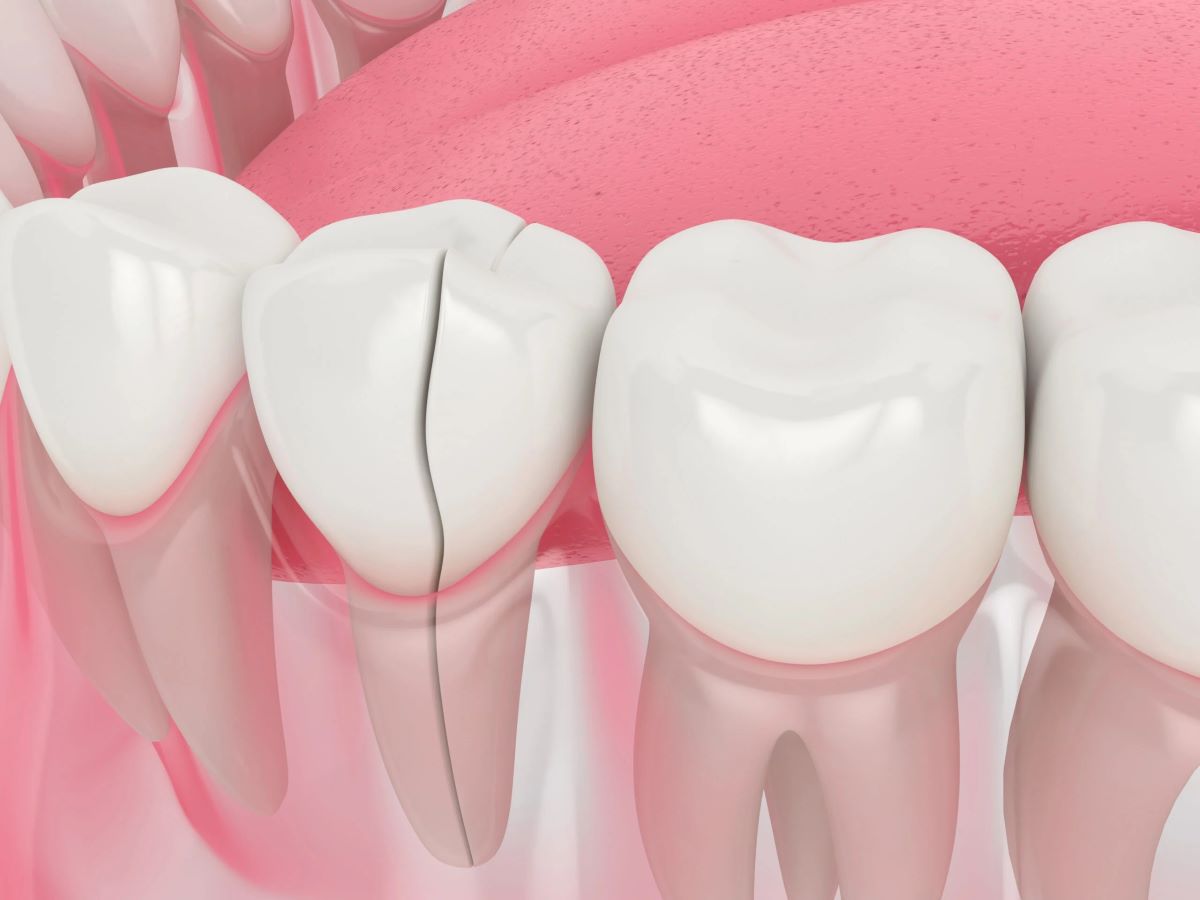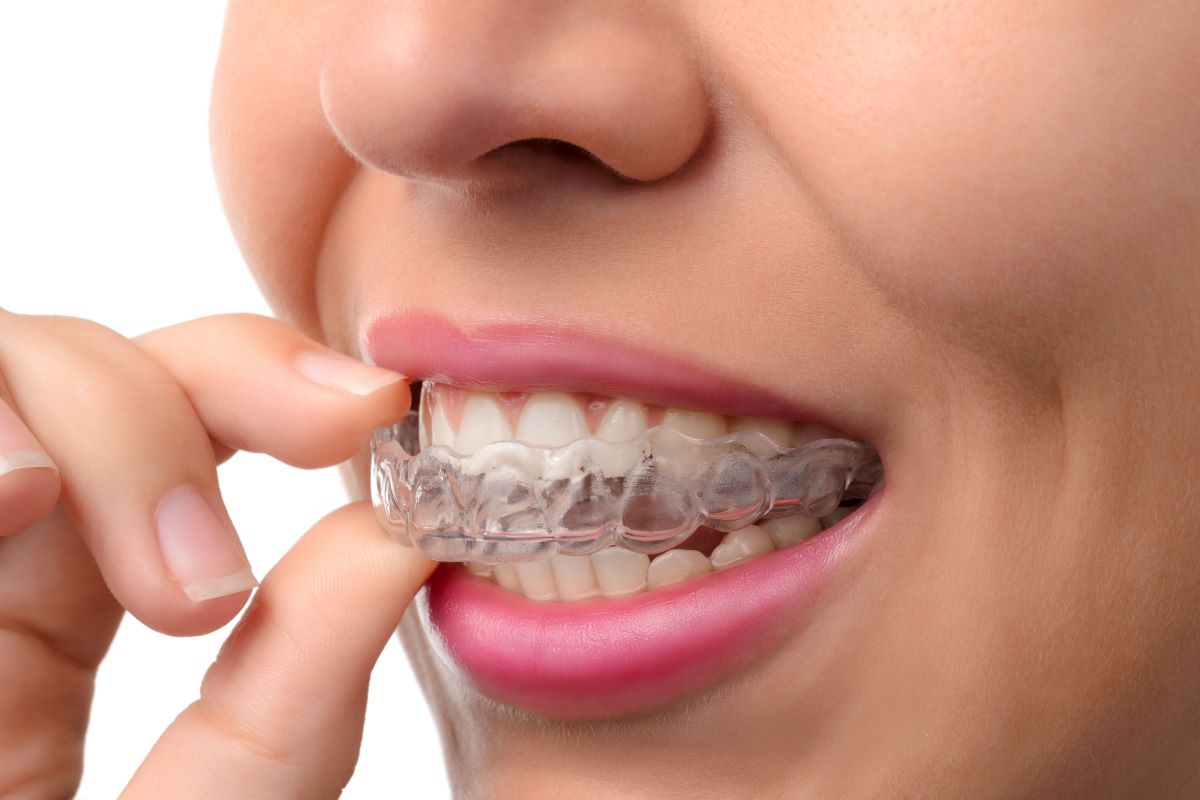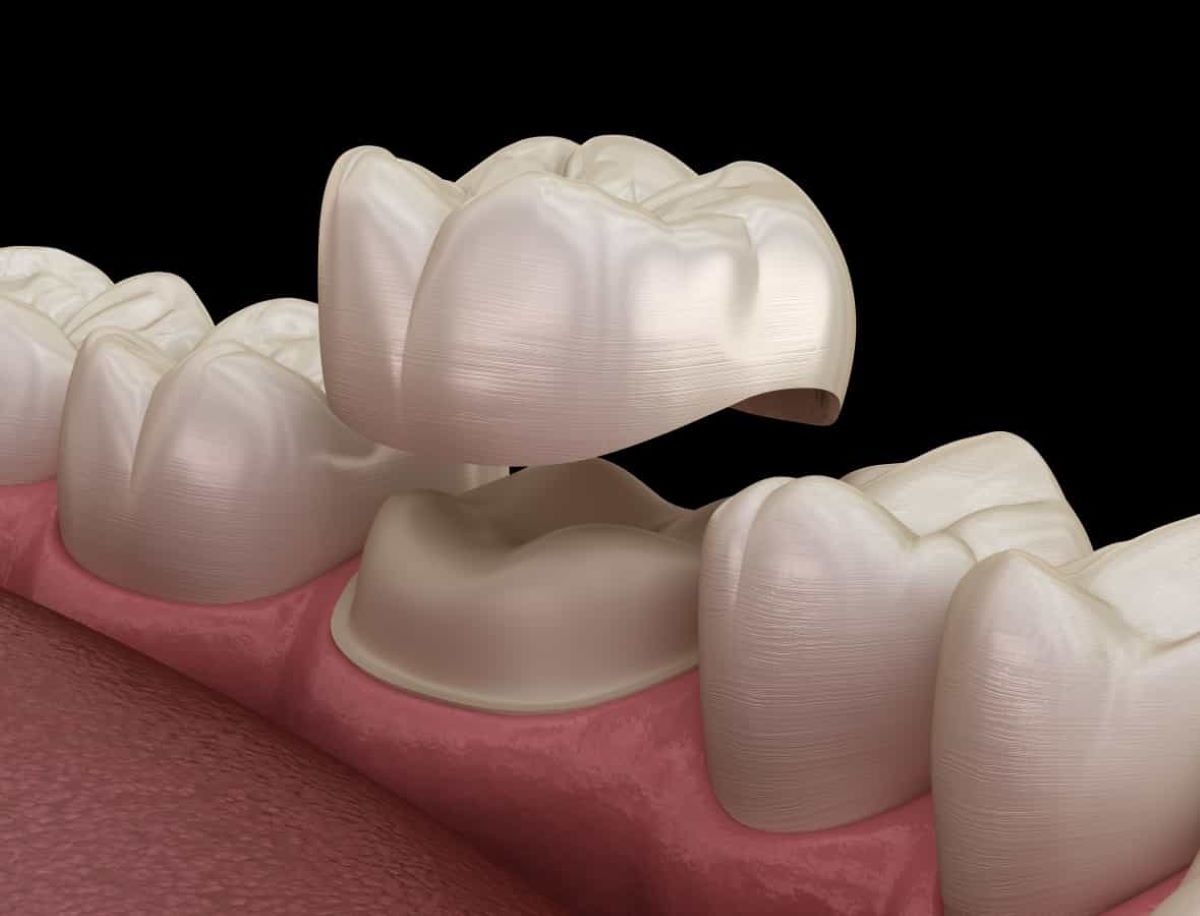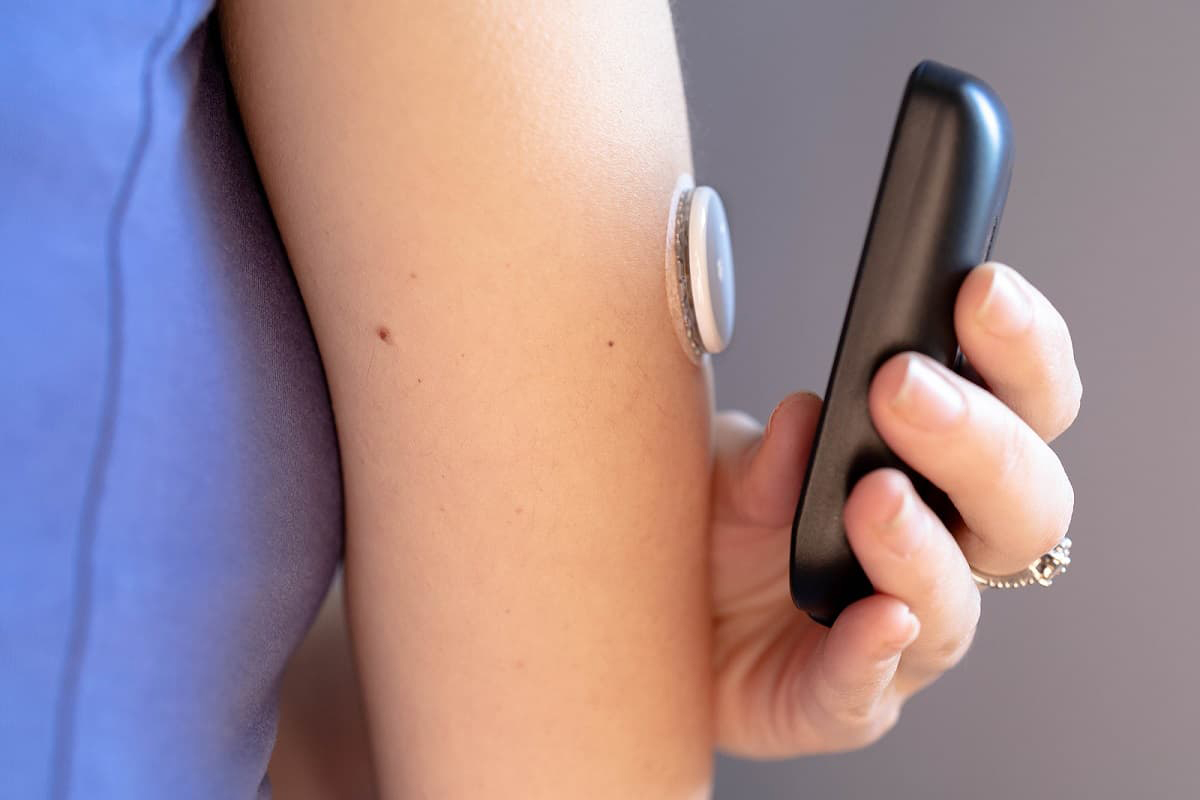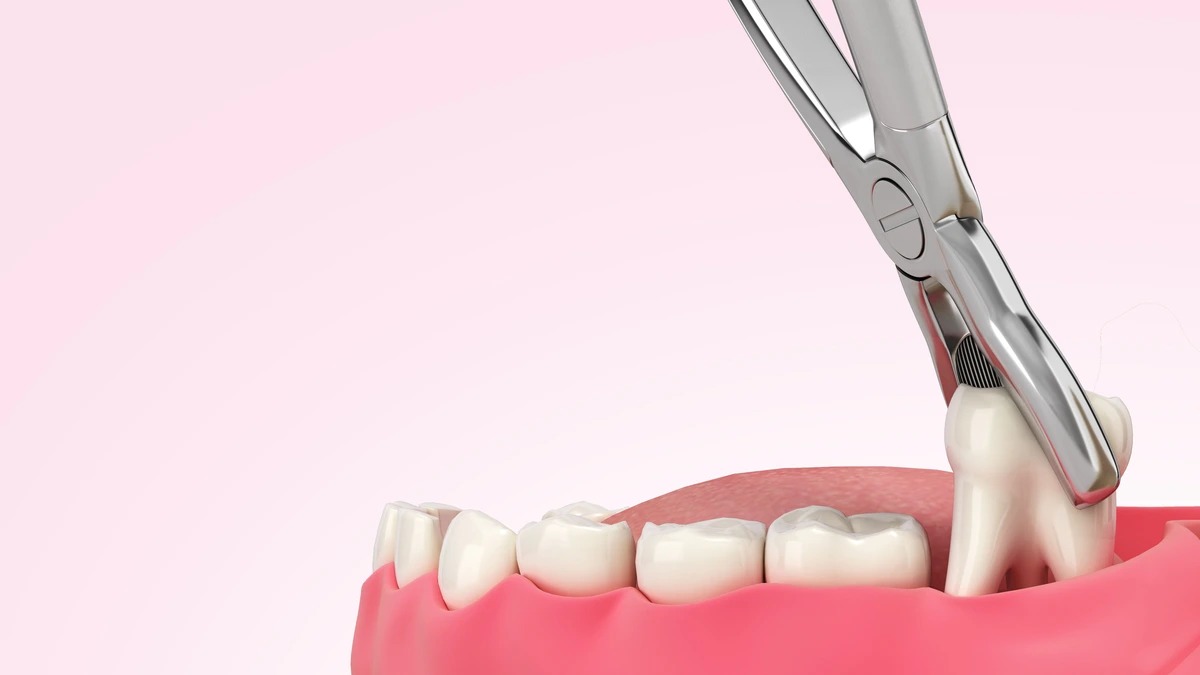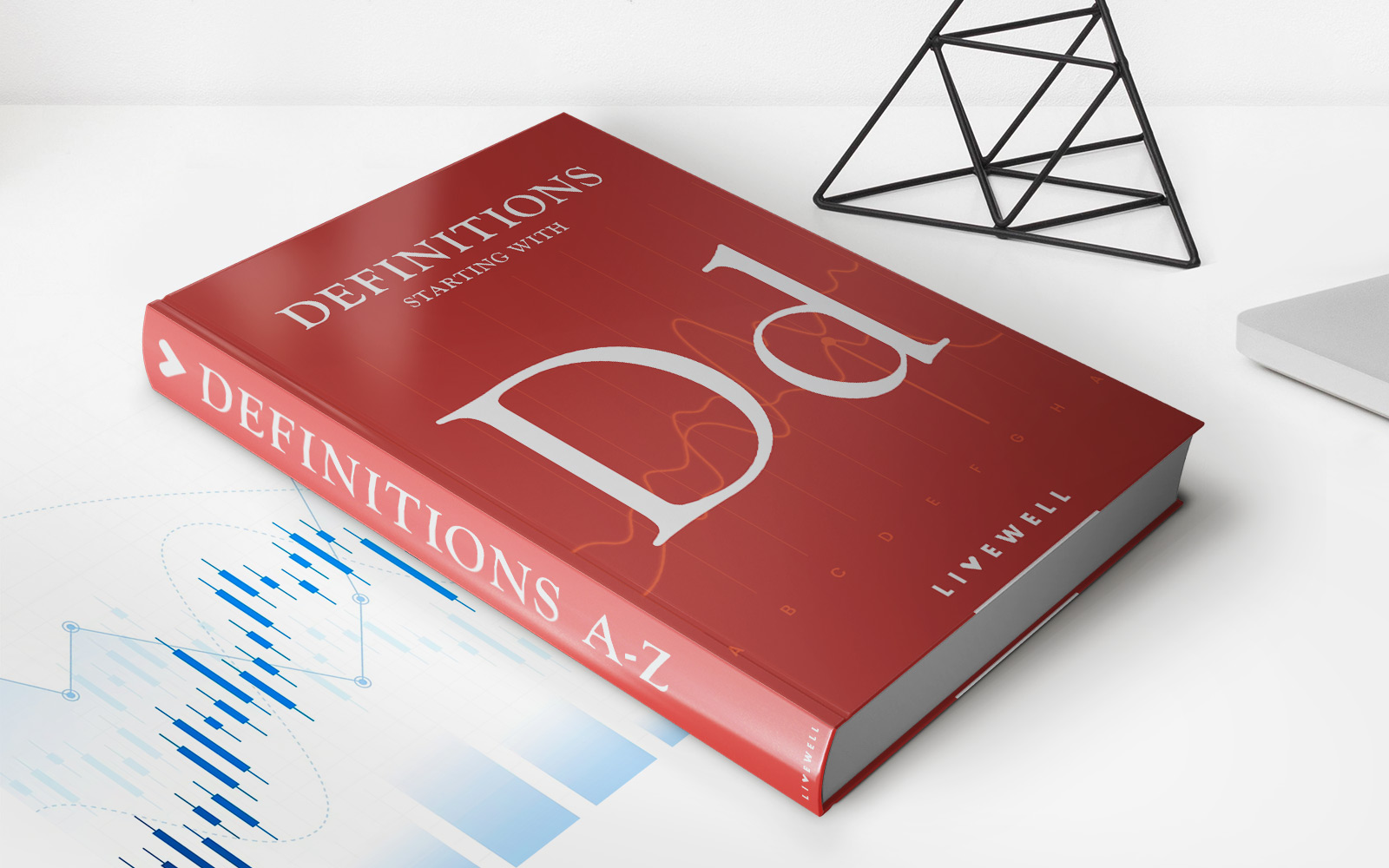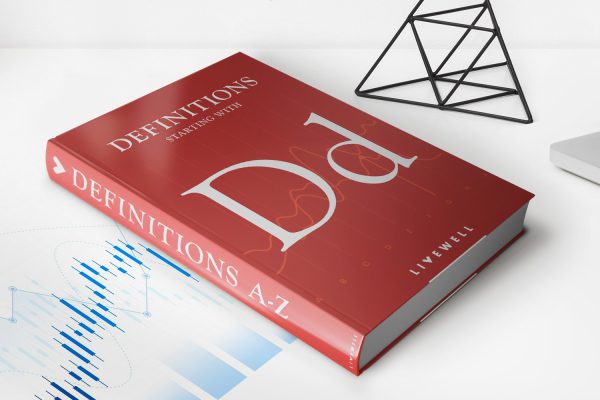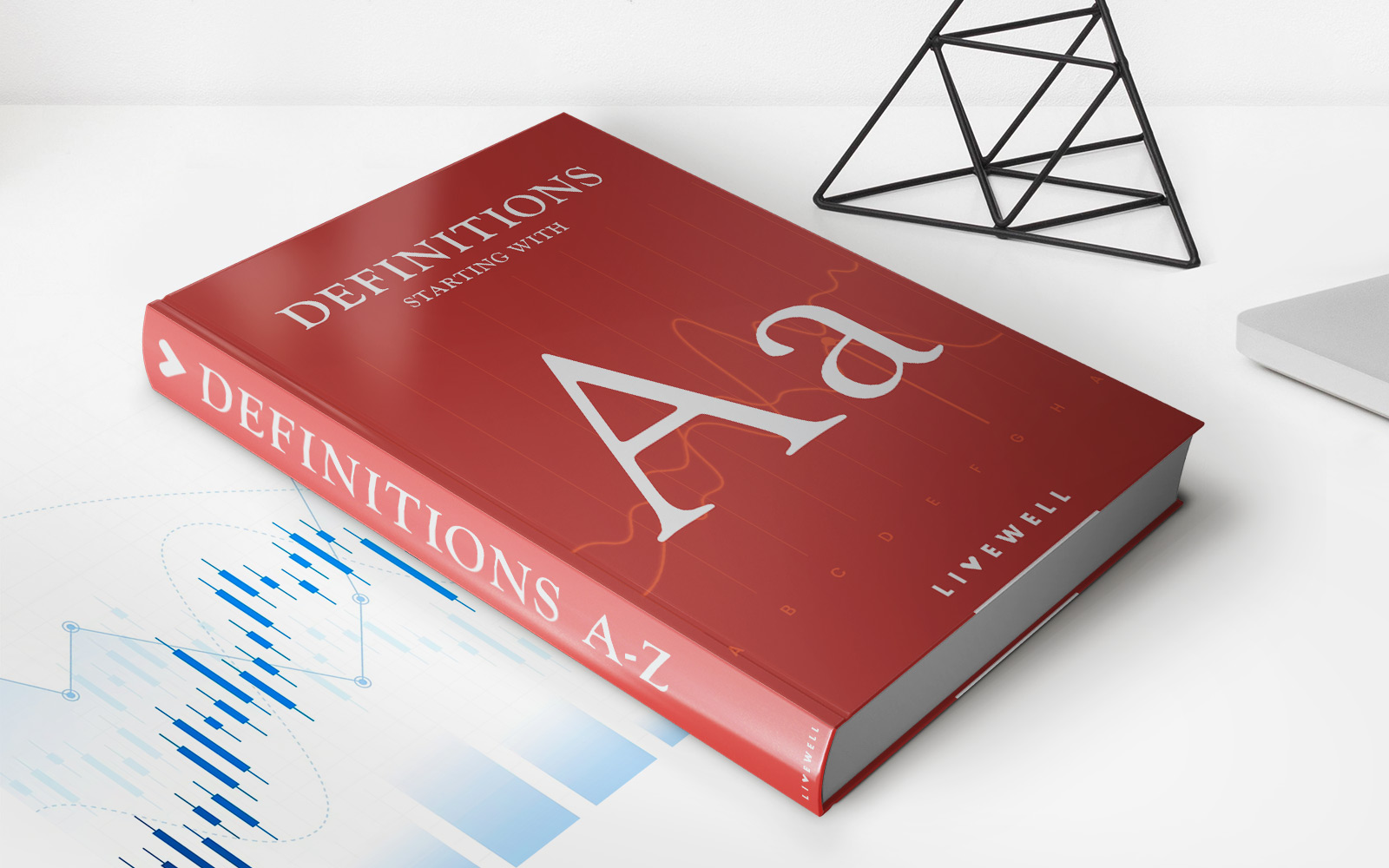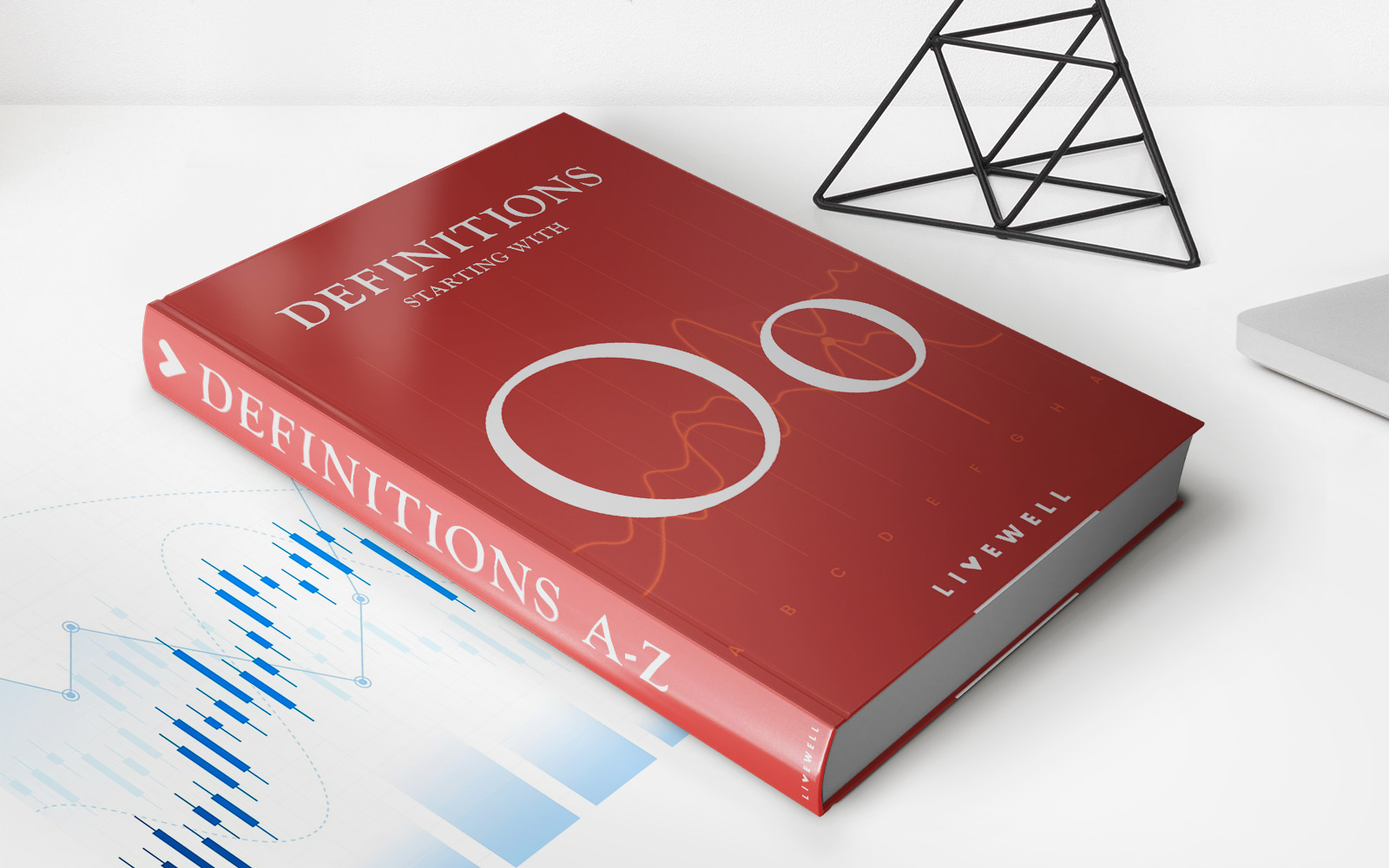Home>Finance>How Much Does A Tooth Crown Cost Without Insurance?
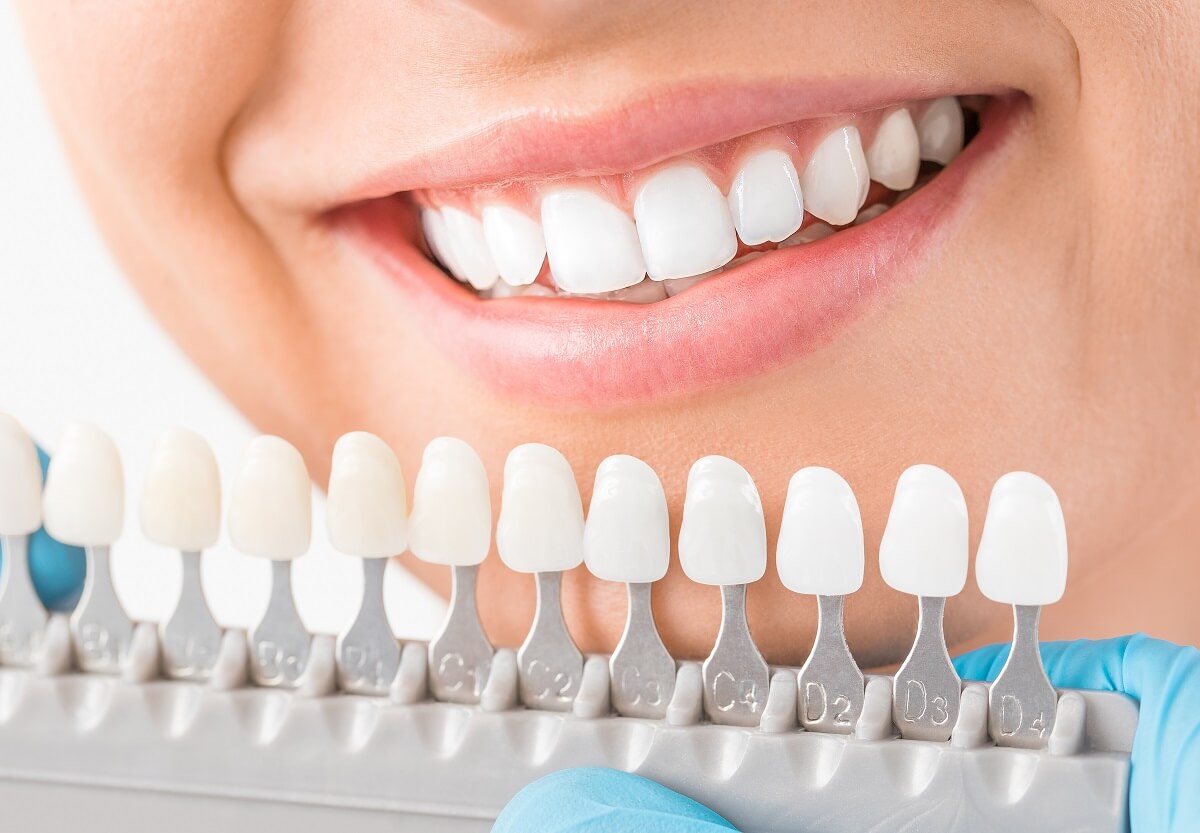

Finance
How Much Does A Tooth Crown Cost Without Insurance?
Published: November 19, 2023
Find out the cost of tooth crowns without insurance and learn how to finance your dental treatment. Affordable options available for all budgets.
(Many of the links in this article redirect to a specific reviewed product. Your purchase of these products through affiliate links helps to generate commission for LiveWell, at no extra cost. Learn more)
Table of Contents
Introduction
When it comes to dental procedures, getting a tooth crown can be a necessary and costly expense. A tooth crown, also known as a dental crown or a dental cap, is a protective covering that is placed over a damaged or decayed tooth. It not only restores the tooth’s functionality but also improves its appearance.
One of the most common concerns when considering a tooth crown is the cost, especially if you don’t have dental insurance. Dental insurance plans often cover a portion of the cost, but what if you don’t have insurance? How much can you expect to pay for a tooth crown?
The cost of a tooth crown can vary depending on several factors. In this article, we will explore the various factors that can affect the cost of tooth crowns, provide an estimate of the average cost without insurance, break down the expenses involved in the procedure, and provide tips for saving money on tooth crown costs.
Before we dive into the details, it’s important to note that while the cost of a tooth crown may seem high, it’s an investment in your oral health and overall well-being. A tooth crown can prevent further damage to a damaged tooth, alleviate pain, and restore the functionality of your teeth.
So, if you’re considering getting a tooth crown but are concerned about the cost, keep reading to gain a better understanding of what to expect and explore strategies to minimize your expenses.
Factors Affecting the Cost of Tooth Crowns
Several factors can influence the cost of a tooth crown. Understanding these factors can help you better estimate the potential cost and make an informed decision.
1. Material
The material used for the tooth crown can significantly impact the cost. The most common types of materials include porcelain, porcelain-fused-to-metal, metal, and resin. Porcelain crowns tend to be more expensive due to their natural appearance and durability.
2. Location
The cost of dental procedures can vary depending on your geographical location. Urban areas and cities tend to have higher dental charges compared to rural areas. This is mainly due to higher operating costs in urban regions.
3. Dentist’s Experience
The experience and expertise of the dentist performing the procedure can affect the cost. More experienced and well-known dentists may charge higher fees for their services.
4. Additional Treatments
In some cases, additional treatments may be required before the tooth crown procedure, such as root canal therapy or tooth extraction. These additional treatments can increase the overall cost.
5. Dental Insurance
If you have dental insurance, the cost of tooth crowns may be partially covered. In such cases, the out-of-pocket expenses for the procedure will be lower. However, the extent of coverage and reimbursement rates can vary depending on your insurance plan.
6. Location of the Affected Tooth
The position of the damaged tooth can also impact the cost. Front teeth are generally more visible, requiring a higher level of aesthetic treatment. This can increase the cost compared to crowns for molars or premolars.
Keep in mind that the factors mentioned above are not exhaustive and there may be other considerations that can affect the cost of tooth crowns. It is always best to consult with your dentist for a personalized estimate based on your specific situation.
Average Cost of Tooth Crowns without Insurance
Without dental insurance, the cost of a tooth crown can vary significantly depending on the factors mentioned earlier. On average, you can expect to pay anywhere from $800 to $1,500 per tooth for a tooth crown procedure.
The type of material used for the crown plays a significant role in determining the cost. Porcelain crowns, which provide a natural appearance, tend to be more expensive compared to other materials. On average, the cost of a porcelain crown without insurance can range from $1,000 to $1,500 per tooth.
Porcelain-fused-to-metal crowns, which have a metal base for strength and porcelain on top for aesthetics, have a slightly lower average cost without insurance. The cost can range from $800 to $1,200 per tooth.
Metal crowns, typically made of alloys like gold or palladium, are generally the least expensive option without insurance. The average cost of a metal crown can range from $800 to $1,000 per tooth.
It’s important to remember that the cost provided here is an average estimate and can vary depending on the factors mentioned earlier. Additionally, fees may differ between dental practices, so it’s always a good idea to get multiple quotes and compare prices before deciding on a dentist.
Cost Breakdown of Tooth Crown Procedure
The cost of a tooth crown procedure involves several components. Understanding the breakdown of these costs can give you a clearer picture of what to expect when you undergo the procedure.
1. Consultation and Examination
Before the actual crown placement, your dentist will conduct a consultation and examination to assess the condition of your tooth and determine the most appropriate treatment plan. This initial visit typically incurs a separate cost, which can range from $50 to $200.
2. Tooth Preparation
Prior to placing the crown, your tooth needs to be prepared to ensure a proper fit. This involves removing any decay or damage and reshaping the tooth. The cost for tooth preparation can vary but is usually included in the overall cost of the crown procedure.
3. Impressions and Temporary Crown
Your dentist will take impressions of your teeth to create a customized crown. While the permanent crown is being fabricated in a dental lab, a temporary crown will be placed to protect the prepared tooth. The cost of impressions and temporary crown placement is generally included in the overall cost of the procedure.
4. Fabrication of the Crown
The fabrication of the permanent crown will be done in a dental lab. This process involves the creation of a custom crown based on the impressions taken. The cost of fabricating the crown is generally included in the overall cost of the procedure.
5. Placement of the Permanent Crown
Once the permanent crown is ready, your dentist will schedule an appointment for its placement. The cost of this final step is typically included in the overall cost of the procedure.
6. Follow-up Visits
After the crown placement, you may need to schedule a follow-up visit to ensure the crown is properly fitted, there are no complications, and the tooth is healing as expected. The cost of follow-up visits may vary depending on your dental office’s policies.
It’s important to note that these cost breakdowns may vary depending on your specific situation and the dental office you visit. It’s always recommended to discuss the costs and any potential additional fees with your dentist beforehand.
Ways to Save Money on Tooth Crown Costs
While getting a tooth crown can be a significant expense, there are several ways to potentially reduce the overall cost. Here are some tips to help you save money on tooth crown costs:
1. Shop Around and Compare Prices
Don’t hesitate to get multiple quotes from different dental offices. Prices can vary significantly, even within the same area. Comparing prices can help you find a more affordable option without compromising on quality.
2. Consider Dental Schools
Dental schools often offer dental procedures at a reduced cost since they are performed by dental students under the supervision of experienced professionals. While the treatment may take longer, this can be a cost-effective option for those on a budget.
3. Explore Dental Discount Plans
Dental discount plans are an alternative to traditional dental insurance. These plans offer discounted rates on various dental procedures, including tooth crowns. Research different dental discount plans in your area to find one that suits your needs and offers savings on crown procedures.
4. Inquire About Payment Plans
Some dental offices may offer payment plans or financing options to help make the cost more manageable. Inquire about these options and discuss the terms and conditions with your dentist before proceeding with the treatment.
5. Opt for Less Expensive Materials
If cost is a major concern, discuss with your dentist if there are alternative materials that can be used for the crown. While porcelain crowns are popular for their natural appearance, opting for less expensive materials like metal or resin can help reduce the overall cost.
6. Practice Preventive Dental Care
Taking good care of your teeth through daily brushing, flossing, and regular dental check-ups can help prevent tooth decay and damage. By maintaining good oral hygiene, you can potentially avoid or delay the need for a tooth crown, saving you money in the long run.
Remember, it’s essential to strike a balance between cost-saving measures and ensuring the quality and longevity of your dental treatment. Discuss your options with your dentist to find the best approach for your specific situation.
Conclusion
Getting a tooth crown can be a significant investment in your oral health and overall well-being. While the cost of a tooth crown without insurance can be substantial, understanding the factors that influence the cost and exploring strategies to save money can help ease the financial burden.
Factors such as the material used, the location of the tooth, the dentist’s experience, and additional treatments can all affect the cost of a tooth crown. By considering these factors and discussing them with your dentist, you can get a better estimate of the potential cost.
The average cost of a tooth crown without insurance can range from $800 to $1,500 per tooth, depending on the material chosen. Porcelain crowns tend to be more expensive, while metal crowns are generally the most affordable option.
Breaking down the cost of a tooth crown procedure can help you understand what to expect. The procedure typically includes consultation, tooth preparation, impressions, fabrication of the crown, placement of the permanent crown, and follow-up visits. Understanding these components can give you a clearer picture of the expenses involved.
Fortunately, there are ways to save money on tooth crown costs. Shopping around for quotes, considering dental schools, exploring dental discount plans, inquiring about payment plans, opting for less expensive materials, and practicing preventive dental care are all strategies that can help reduce the overall cost.
Remember, while cost is an important consideration, it’s crucial to prioritize the quality and longevity of your dental treatment. Discuss your options with your dentist and consider the long-term benefits of a tooth crown in maintaining your oral health.
Ultimately, investing in a tooth crown can improve your oral function, restore your smile, and prevent further damage to your teeth. By understanding the costs involved and exploring strategies to save money, you can make a confident decision about getting a tooth crown that aligns with your budget and dental needs.

